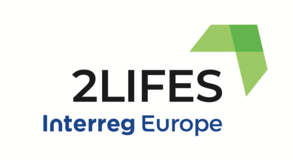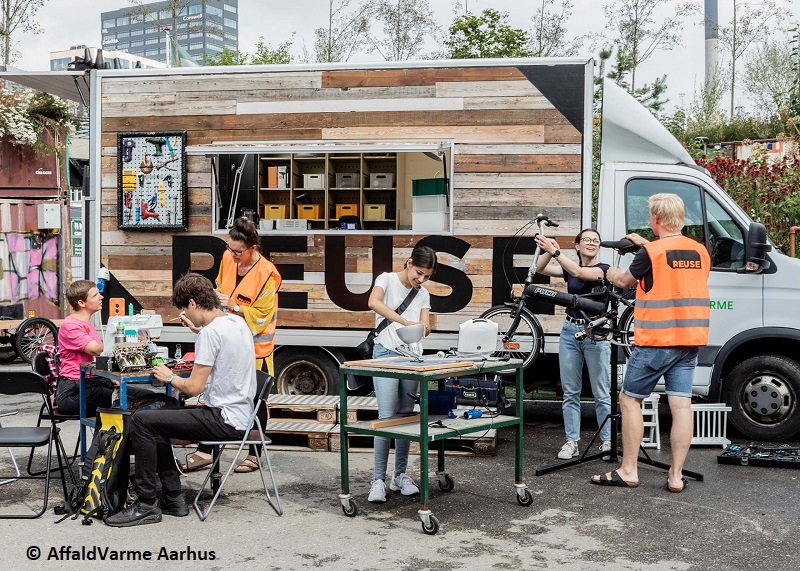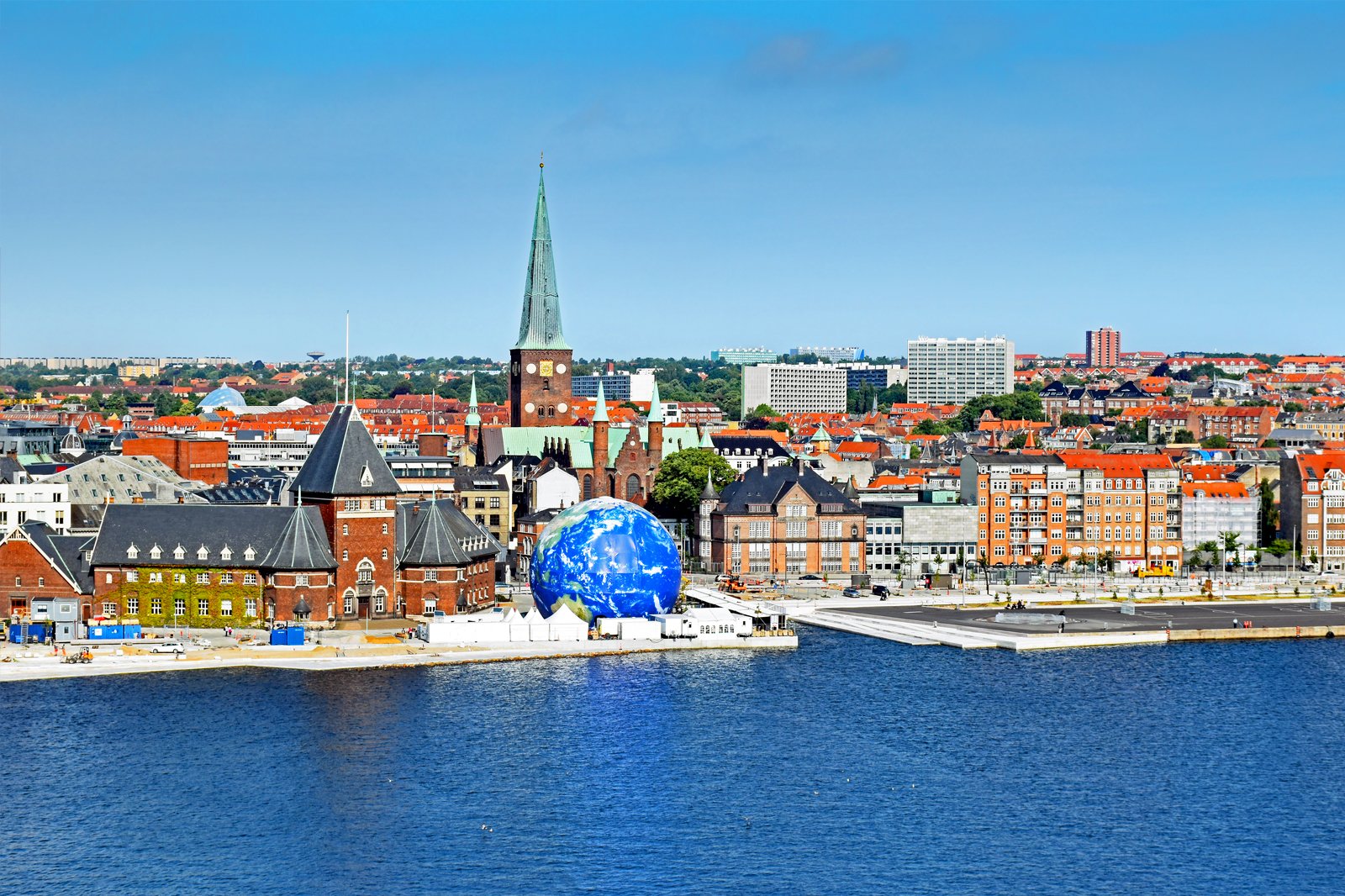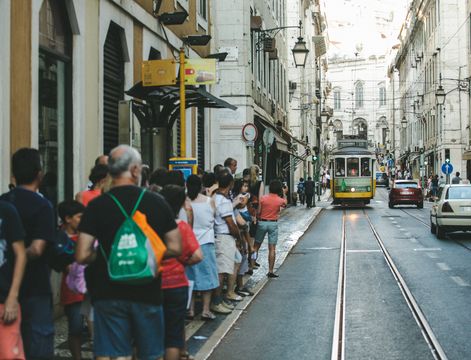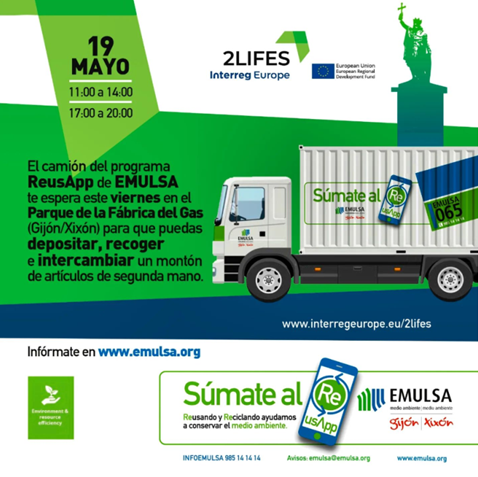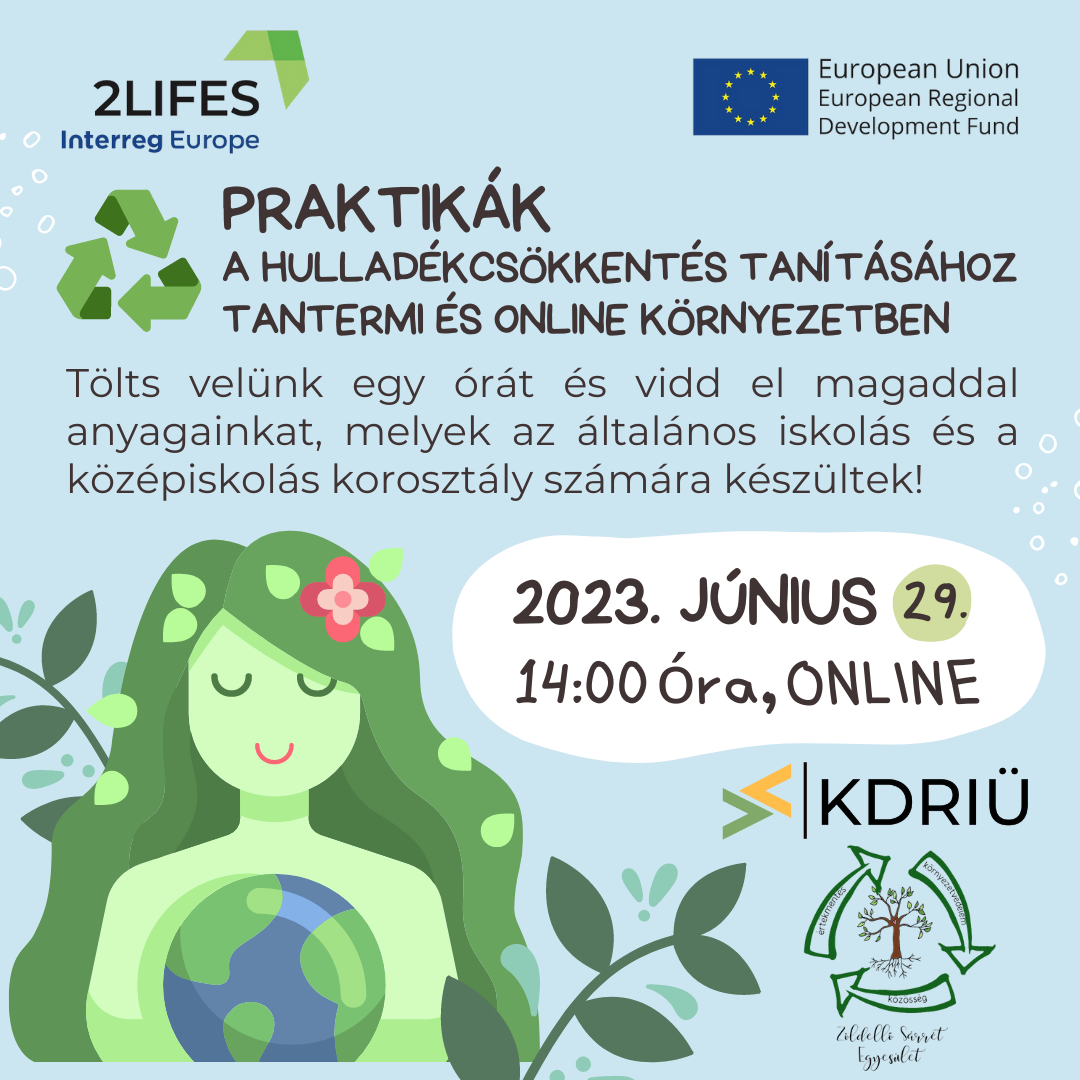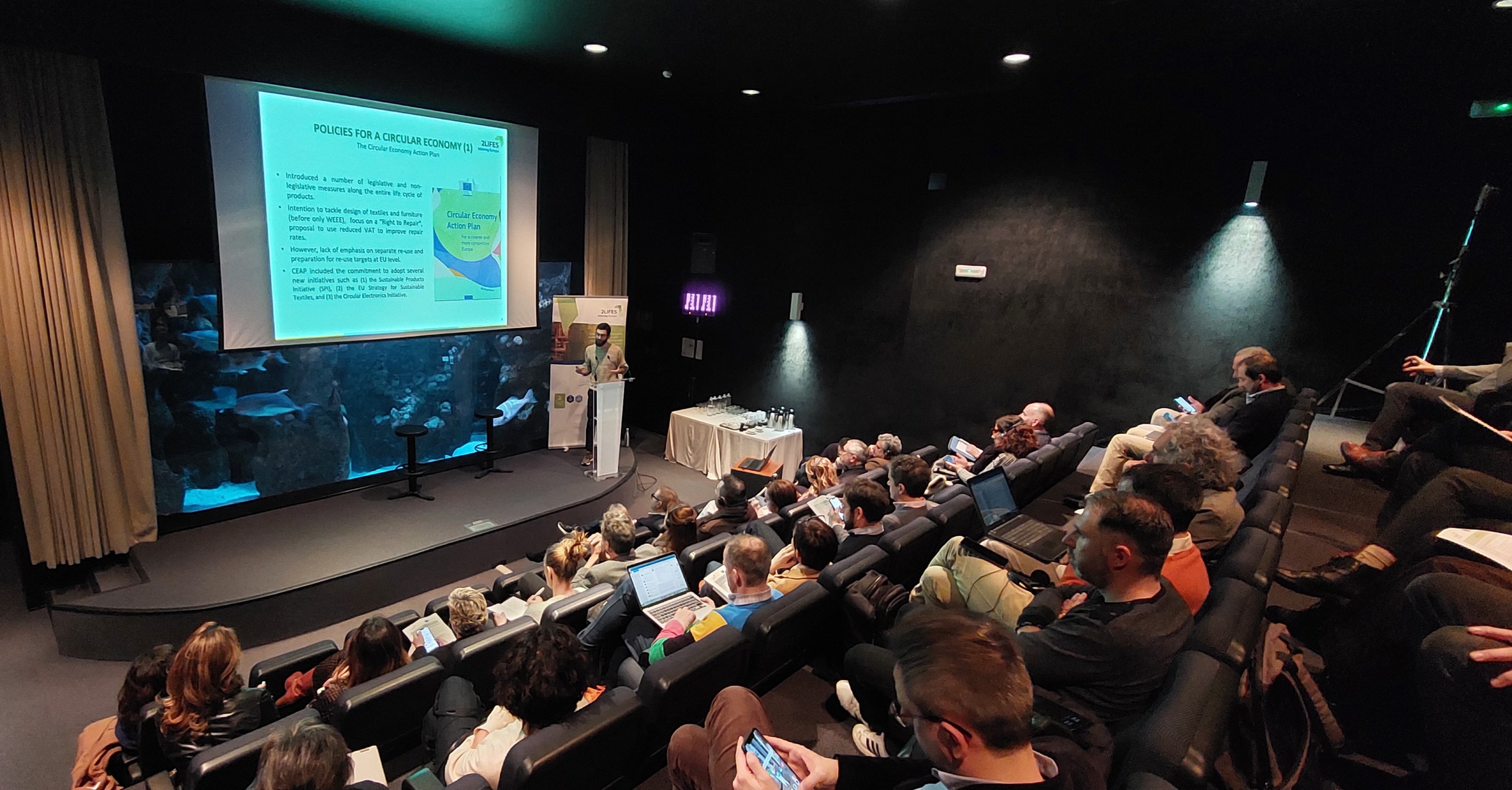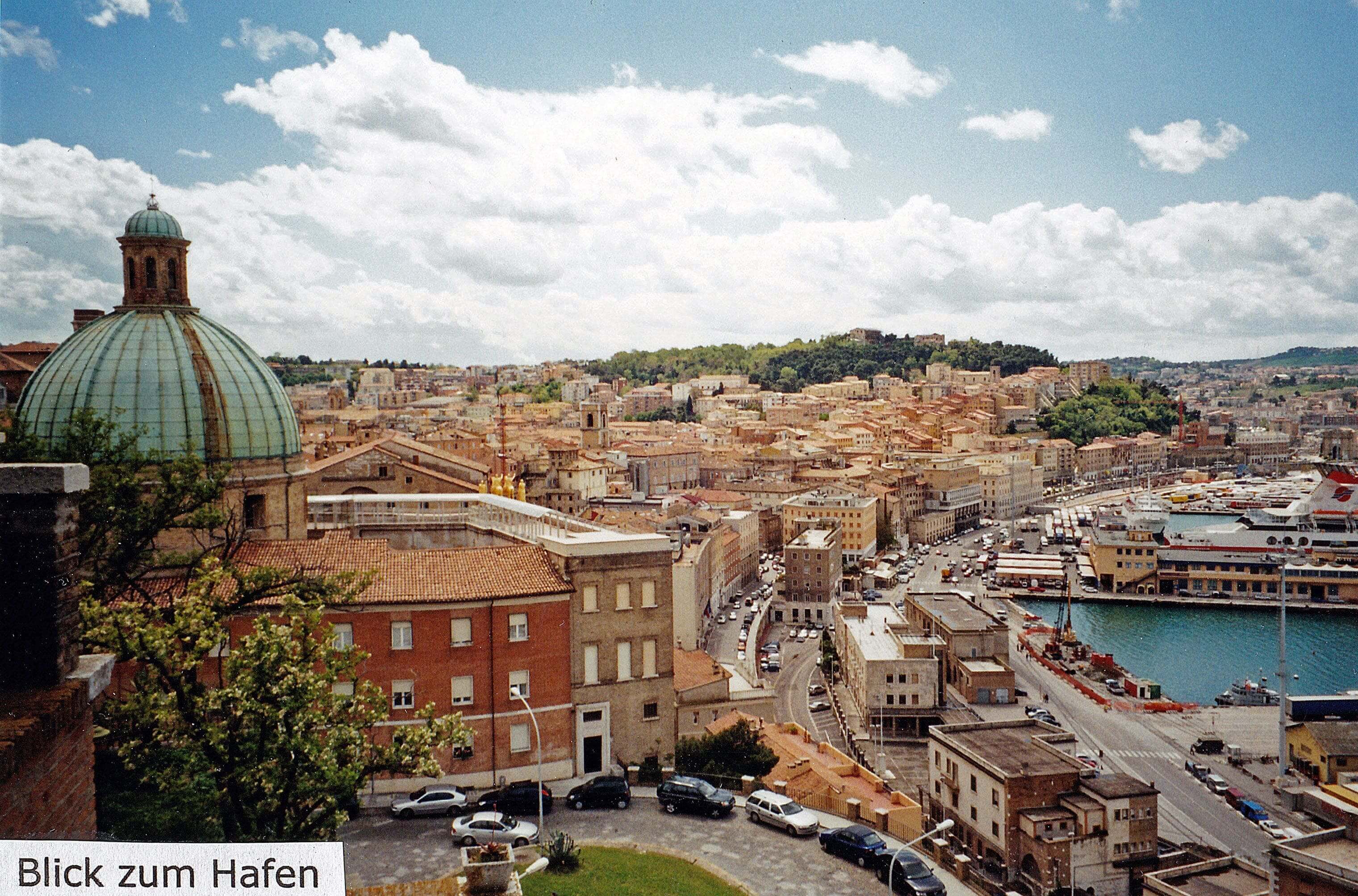The 2LIFES project has the major aim to accelerate Europe’s entry into the era of re-use. While the European Union has promoted the Waste Hierarchy as the way forward, a significant portion of re-usable products is still prematurely recycled and even incinerated or landfilled. According to UN Environment, 50% of all carbon emissions are caused by the extraction and processing of natural resources (UN Environment, 2019). That is why the European Commission underlines the need for the EU to "strive to reduce its consumption footprint and double its circular material use rate in the coming decade" (European Commission, 2020: p. 4). Therefore, re-use requires a boost to expand across Europe.
This project brings together cities and regions in the backing of re-use. The main expected results are the development of new channels, infrastructures and protocols for re-use, as well as exchange of best practices to enable policy learning and step-up re-use. Awareness-raising of households, businesses and administrations will also be needed. Finally, green jobs around re-use initiatives are also expected.
An initial situational analysis to map re-use activities in all partners’ cities and regions was necessary to adequately assess the departure point and monitor its evolution over time. This report will compare the six “Situational Analysis of Re-use Initiatives” reports produced by the partners of the 2LIFES project regarding their city or region. EMULSA and RREUSE cooperated to create the guidelines and templates for the partner cities and regions, with the overall goal to map existing initiatives and policy frameworks, thus identifying uncovered gaps and underdeveloped possibilities to promote re-use in these territories.
In practice, the partners proceeded in different manners. Two of the partners drafted a report about the issue, whilst two others filled in a survey to provide a general overview. Finally, two partners developed publicly available online maps showing all relevant re-use initiatives in their territories (for instance, EMULSA developed a map of sustainable businesses in Gijon working in the second-hand, repair, re-use or rental sector). Regional stakeholders were key to gather accurate information and prepare these comprehensive materials.
Finally, it must be added that the methodology used for this situational analysis could be easily replicated in other European contexts. The collection of best practices in re-use in the framework of the 2LIFES project, as well as the comparative report on psychosocial barriers affecting re-use, are also key materials that will help set policy frameworks and incentives to promote re-use, an essential strategy to prevent waste and implement the waste hierarchy.
